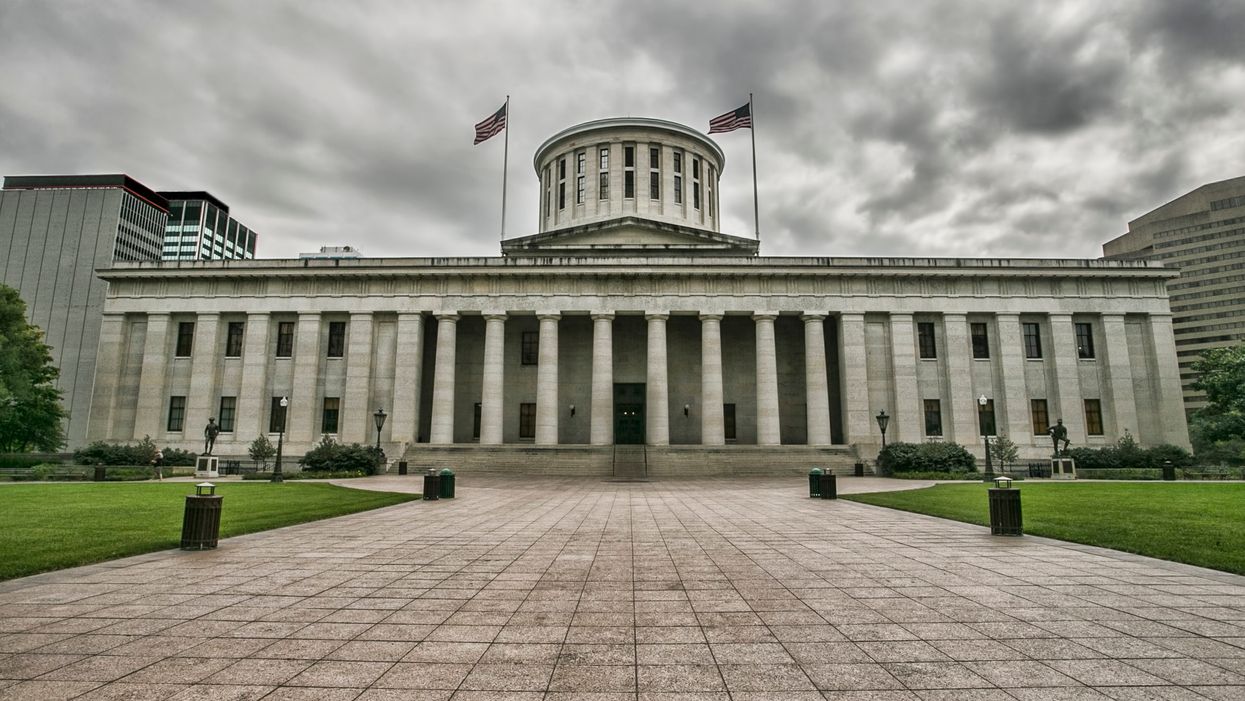A bipartisan consensus is forming behind the idea of bringing automatic voter registration to Ohio.
Legislation to that effect will be introduced by Democrats in the General Assembly as soon as it convenes for its annual session next week. The Legislature is controlled by Republicans, who have resisted the idea in the past. But several on the majority side are now willing to go along since Ohio's top elections official, GOP Secretary of State Frank LaRose, has given his enthusiastic support.
If the measure becomes law, Ohio would become the second most populous place, after California, on a roster that would grow to 17 states plus Washington, D.C., with AVR.
But the change would take effect next year, not in time to boost turnout this fall, when the perennial battleground's 18 electoral votes appear likely to be claimed a second time by President Trump.
Under the system, eligible people are added to the voter rolls (unless they ask to opt out) whenever they get a driver's license or do other business with the motor vehicle department or another state agency that maintains a database of residents' personal information.
The legislative drive in Columbus could become complicated if Democrats push through an additional provision that would automatically register all high school students in the state who will have turned 18 before the next general election.
That idea has no apparent GOP sponsors yet. But the proponent of an expansive AVR system, Democratic state Rep. Bride Rose Sweeney of Cleveland, says she's confident of winning over Republicans with the argument that the additional potential turnout will not favor one party over another.
Her other argument is that AVR will allow for much speedier and more accurate upkeep of the voter registration rolls, avoiding the need for the sort of cleanups that became so contentious two years ago, when the Supreme Court decided that the way the state purged its rolls was constitutional.




















